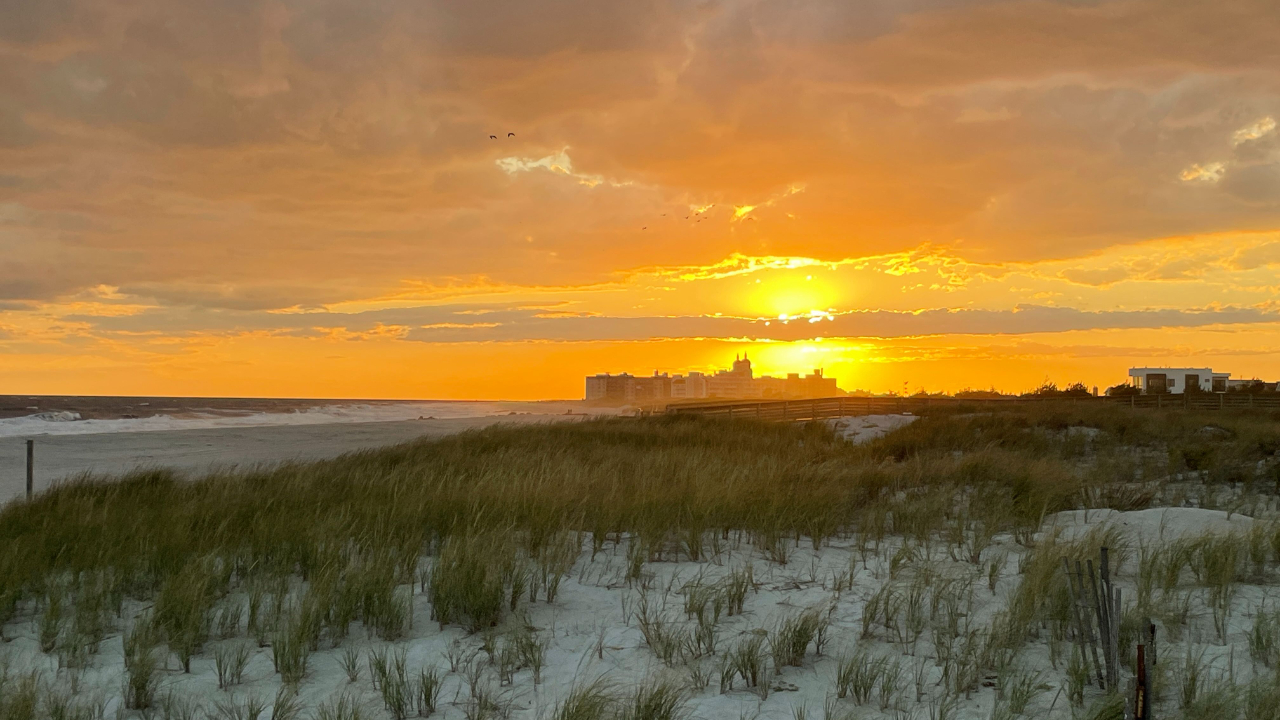The Magical Power of Awe and Wonder

Do you find yourself stuck in your head, unable to sleep because your thoughts are swirling around and you can't find relief from the pressure to KNOW?
This can be part of your Human Design! But if you are experiencing this, it's a sign you are out of balance.
Unable to relax as your mind tries to figure out the solution to your problem, you get caught up in a vicious cycle that keeps your mind spinning and your body tense.
Left unchecked, these experiences can lead to overwhelm, anxiety, exhaustion, hopelessness, and disease.
But sometimes traditional solutions including meditation, breathing, exercise, or other methods don't work.
When I need something to break this cycle for myself, I find one of the best ways to stop the spinning is to seek out extraordinary experiences within my ordinary world. And I'm not alone - research shows this to be highly effective.
Awe and Wonder
Researchers, psychologists, and linguists separate awe and wonder into different experiences.
The most common concept of awe is an experience of something so extraordinary that it challenges our understanding of the world. It stops us in our tracks and inspires a feeling of being connected to something larger than ourselves.
Wonder is characterized as a longer-lasting state of deep emotion triggered by an extraordinary experience that inspires curiosity, exploration, and the desire to understand.
I would suggest that these go hand in hand and are both along the continuum of experiences that offer us the opportunity to go beyond ourselves. To transcend our current consciousness by experiencing vast expansiveness and interconnectedness simultaneously.
Breaking the Thought Cycle
When this happens, something in our neural circuits shifts, promoting a perspective that helps quiet our negative thoughts and self-talk.
Recent research has shed light on the science of this shift in our thought processes that can help stop our minds from spinning. Experiences of awe seem to decrease our sympathetic "fight or flight" response that is so often activated by these swirling thoughts that don't have a resolution. This is amplified by the increased parasympathetic response, which calms down our nervous system and relaxes the tension throughout our body.
Experiences of awe also decrease activity in our brain's default mode network (DMN), reducing rumination or obsessive thinking and the narrowed focus on ourselves. Interestingly, decreasing activity on the DMN is also felt to be one of the main mechanisms by which psychedelics help to create the experience of awe and may help to heal anxiety, depression, and PTSD.
Ways to Cultivate Awe and Wonder
There are many ways to seek out these experiences of awe and wonder.
Often we feel awe and wonder when surrounded by nature or enthralled by an extraordinary work of art, music, or idea.
Sometimes they are grand - like the view of a natural wonder like the Grand Canyon. They can be experienced by seeing a beautiful mountain range, and a glorious sunset. Being immersed in a masterwork sculpture or painting, or a grand symphony.
But they can also be found in everyday moments too. When we can be fully present, the simplest things can take our breath away: the perfection of a rose, the stunning flight of a hummingbird, a cellist playing on the street corner, and the tiny toes of a newborn.
Noticing the smallest details around you can become a practice of daily awe-finding. By doing this, you can enhance your ability to cultivate expansiveness and connection, shift your perspective, and lessen the cycle of thoughts running your life.
Understanding your Human Design can help expand ways to find peace with your thoughts.
Does this resonate with you? If you'd like to explore how you are designed to think and be, I invite you to schedule your session here.
References:
Guan, F., Xiang, Y., Chen, O. et al (2018). Neural Basis of Dispositional Awe. Frontiers in Behavioral Neuroscience, 12, 373691. https://doi.org/10.3389/fnbeh.2018.00209
Arciniegas Gomez, M. A., & Sauter, D. (2019). The neural correlates of the awe experience: Reduced default mode network activity during feelings of awe. Human Brain Mapping, 40(12), 3561-3574. https://doi.org/10.1002/hbm.24616
